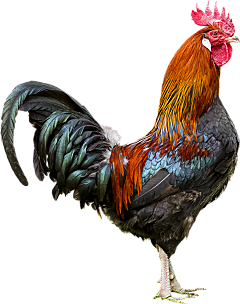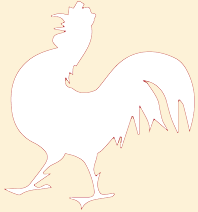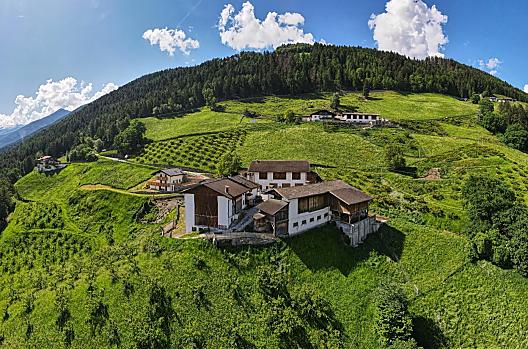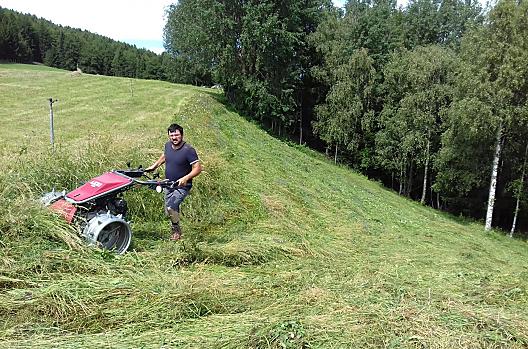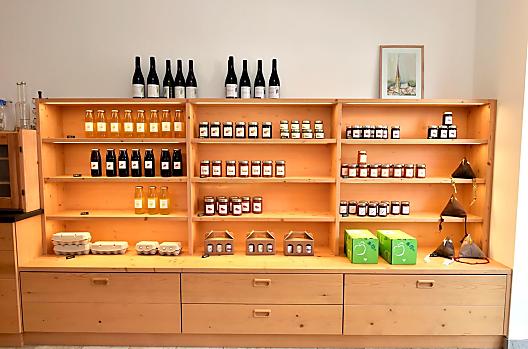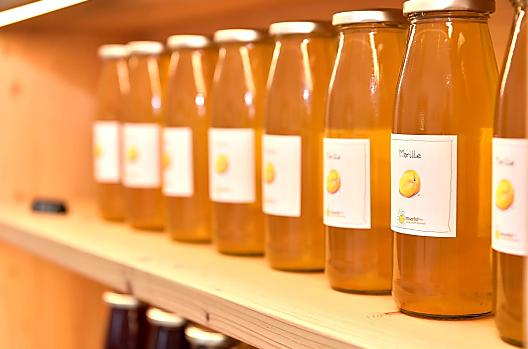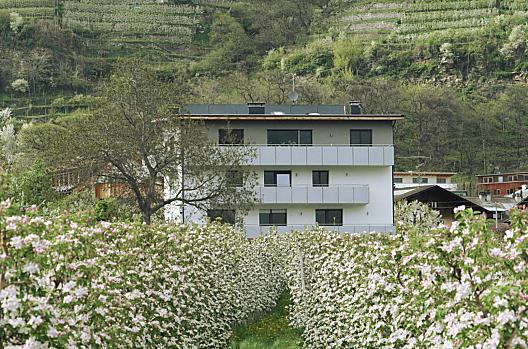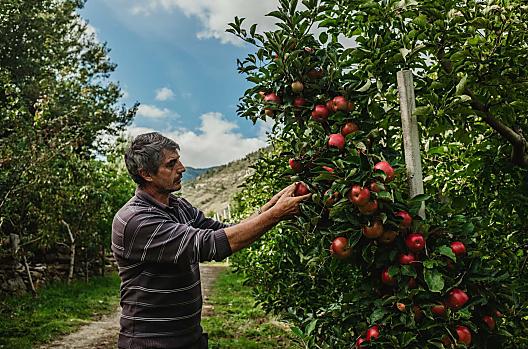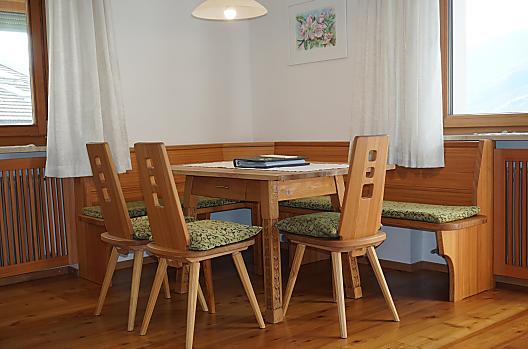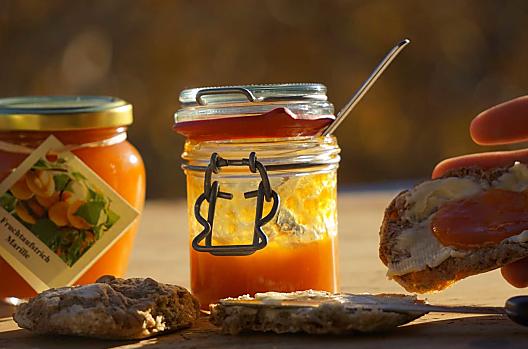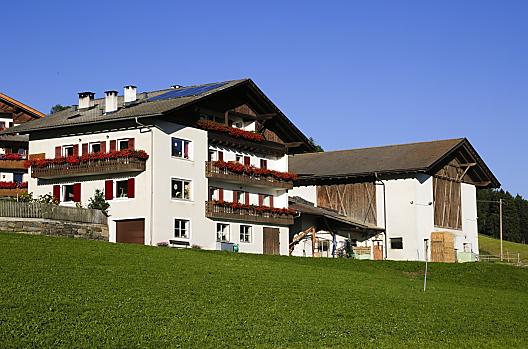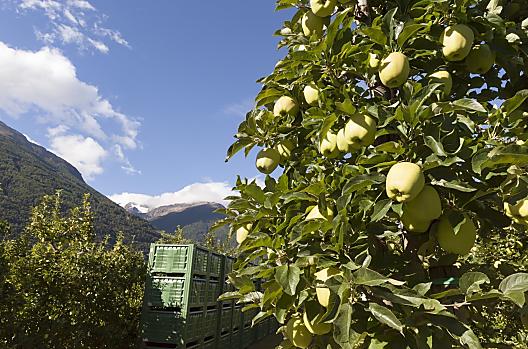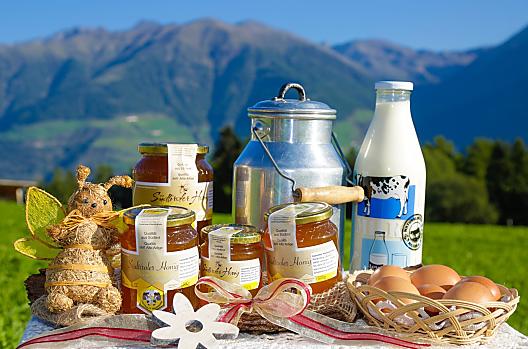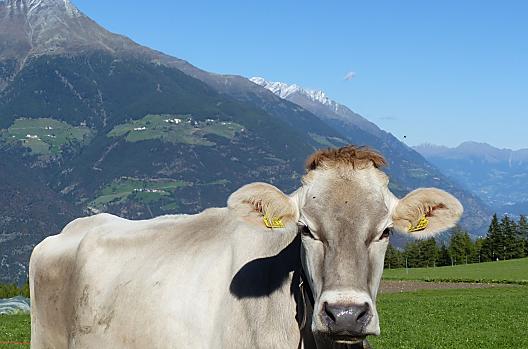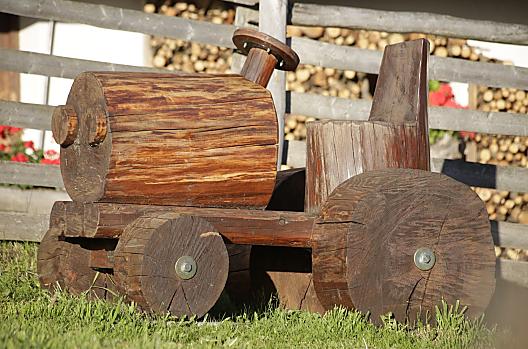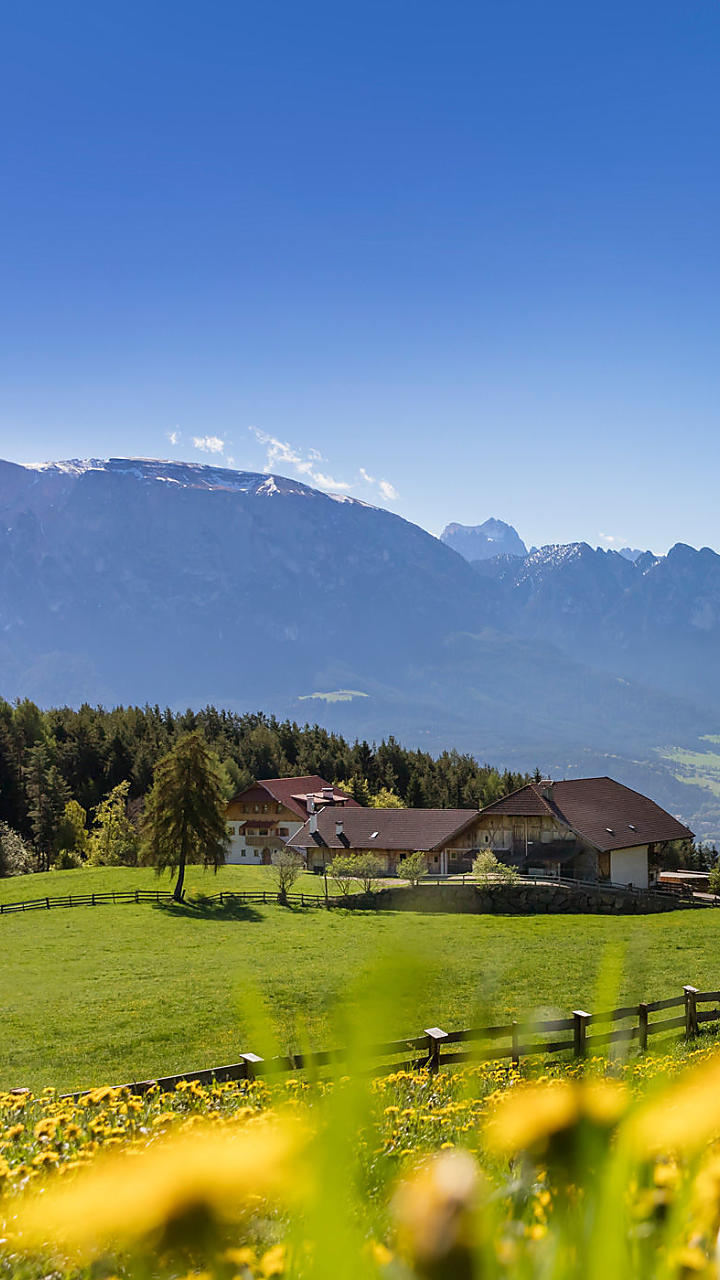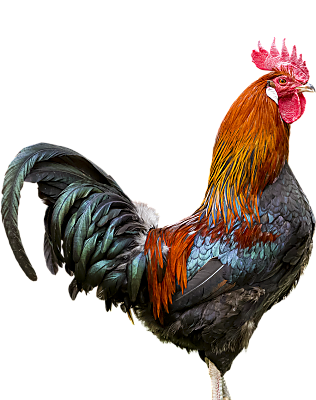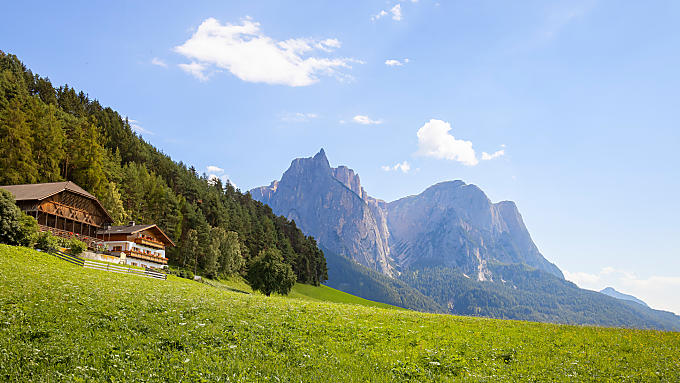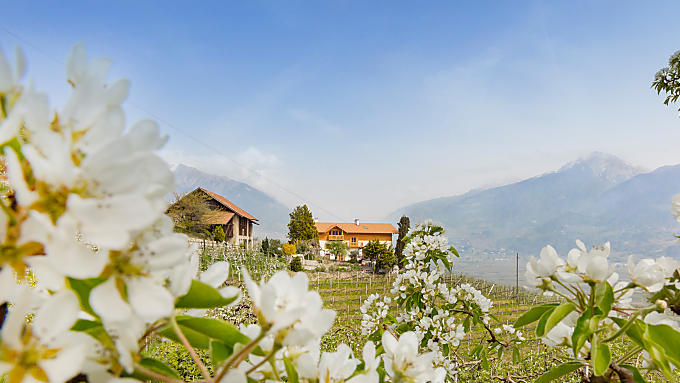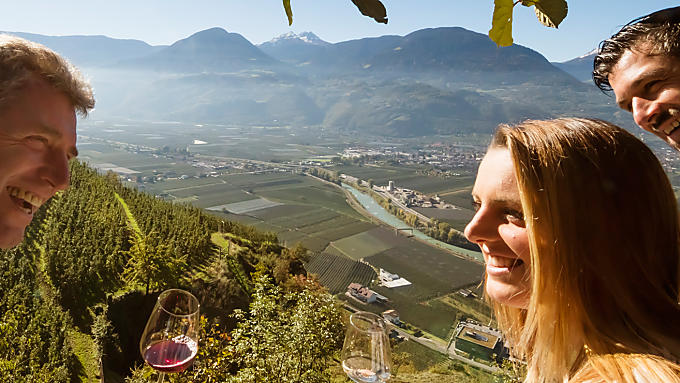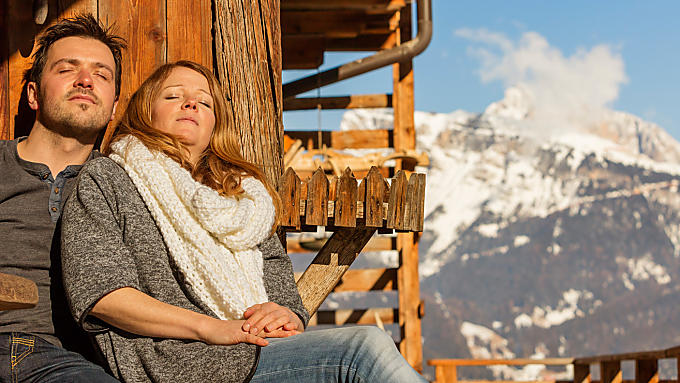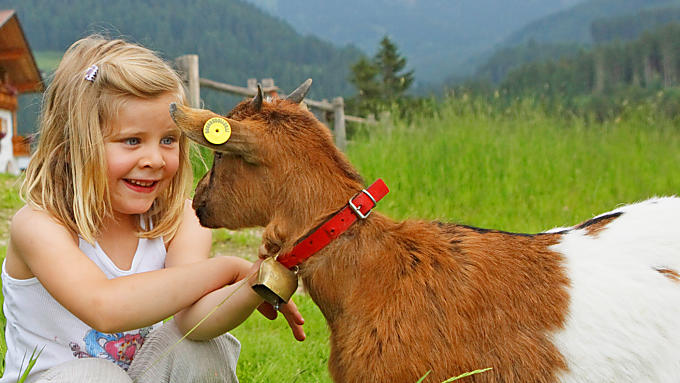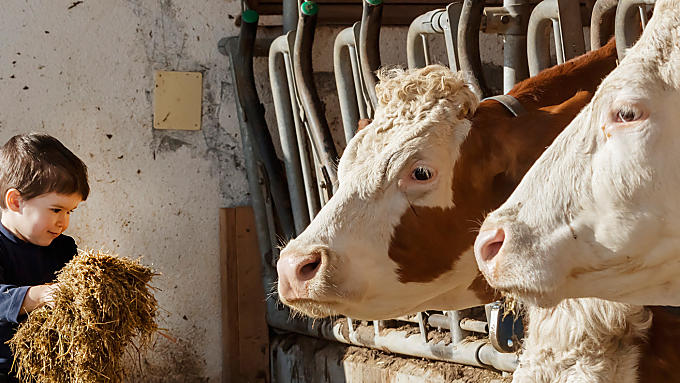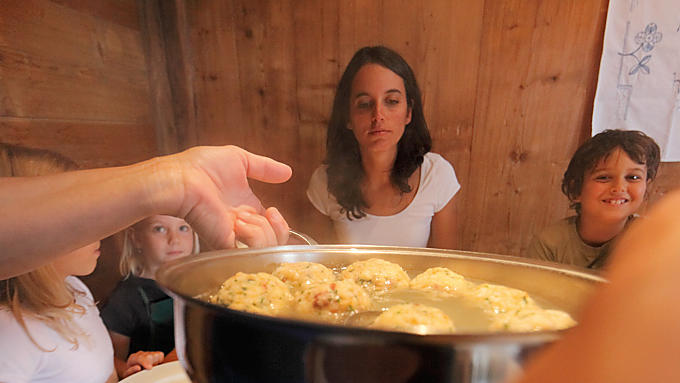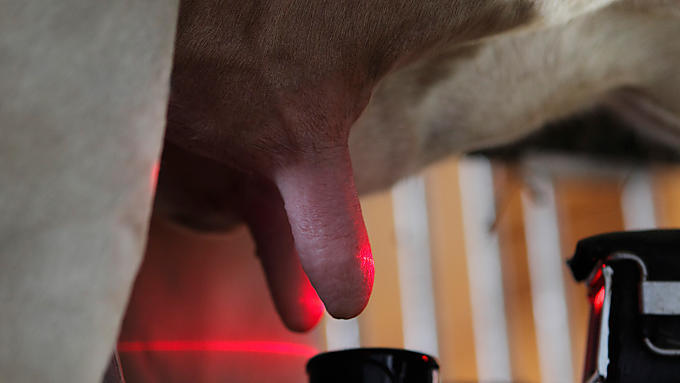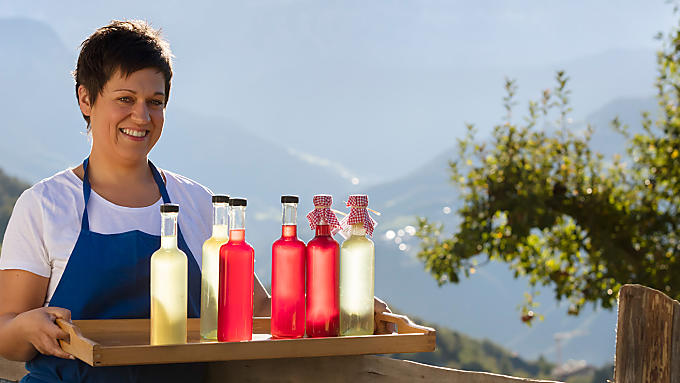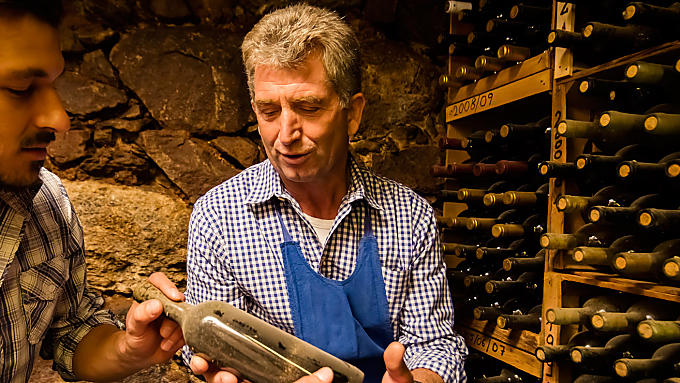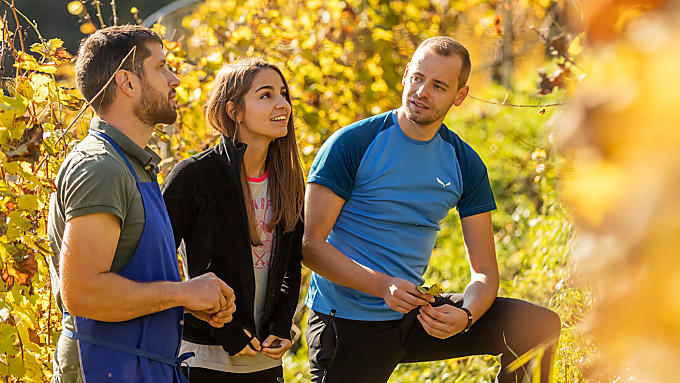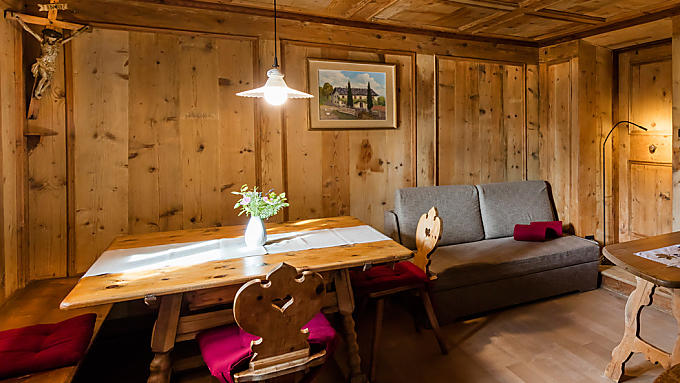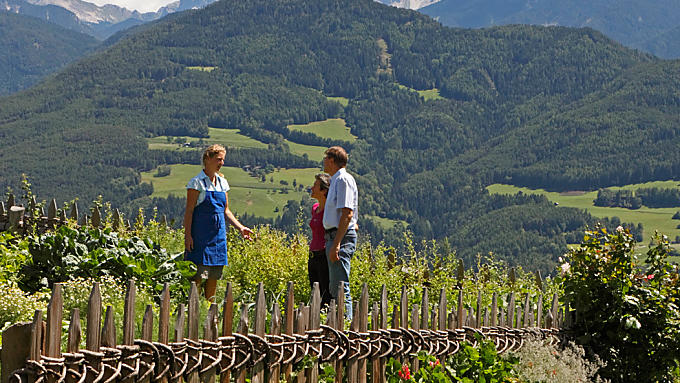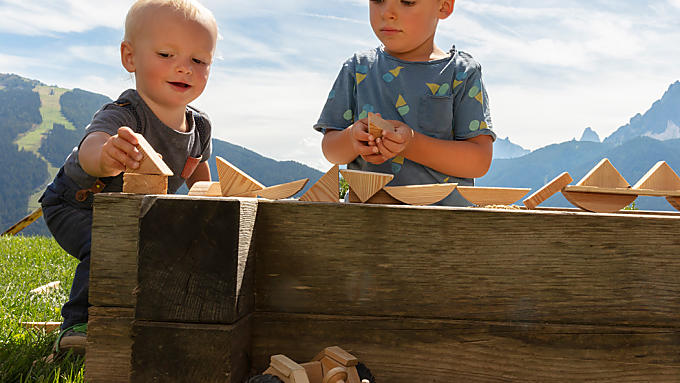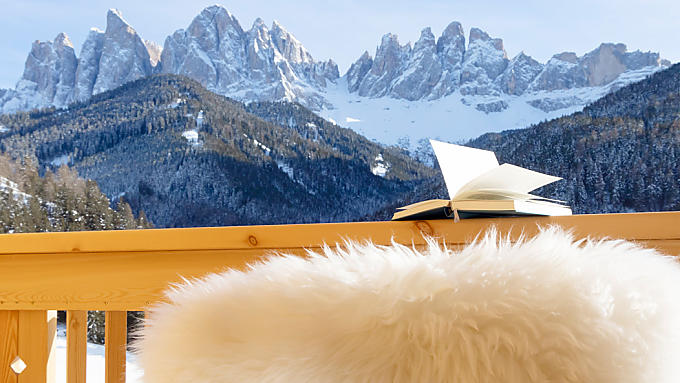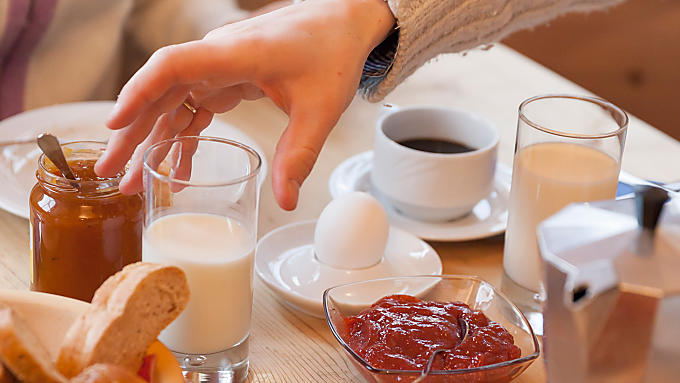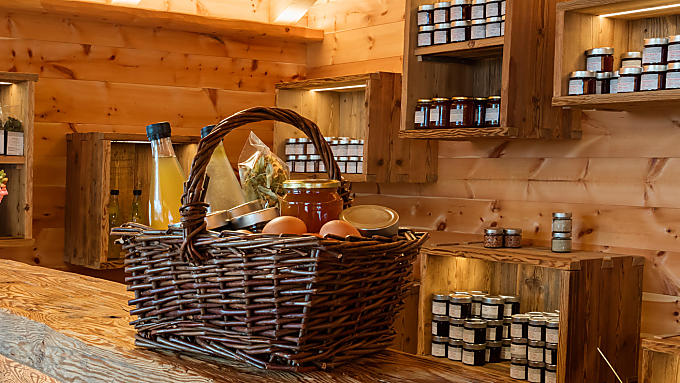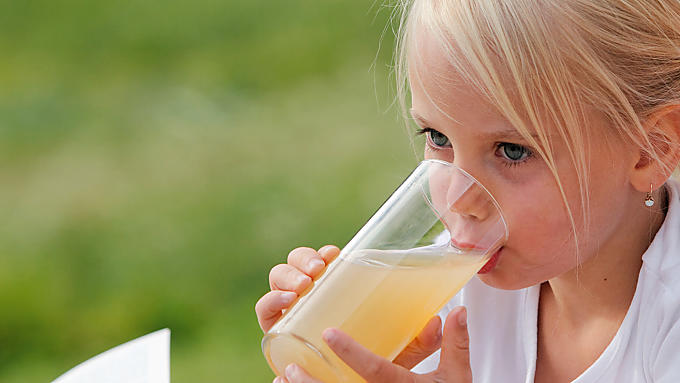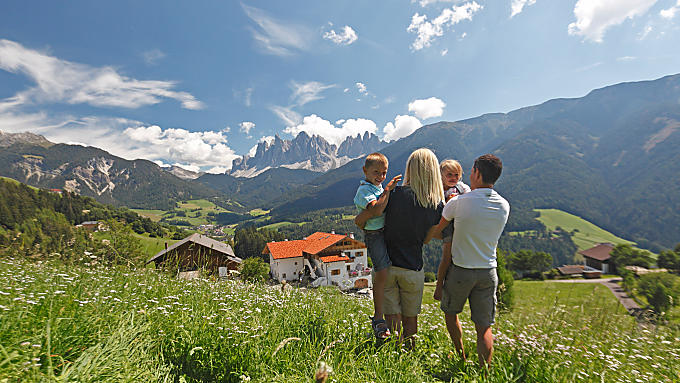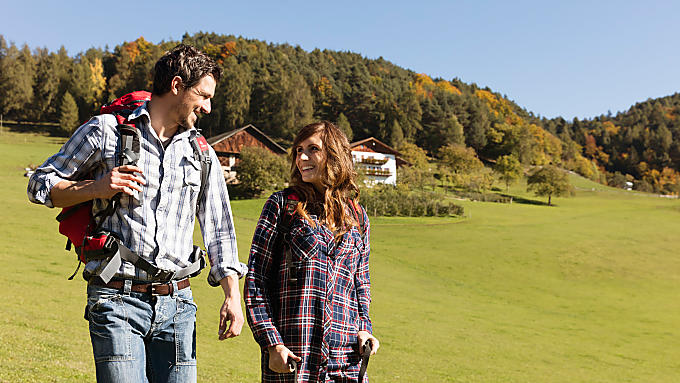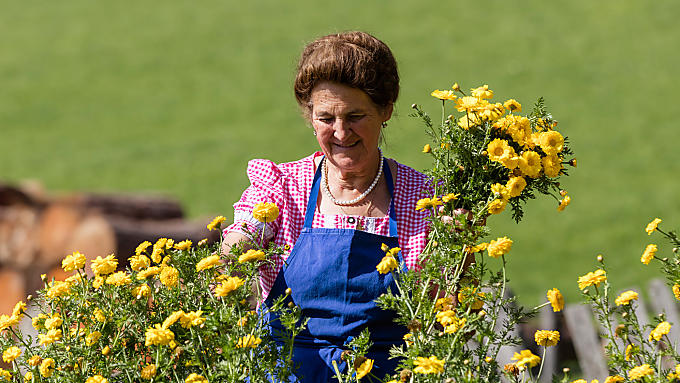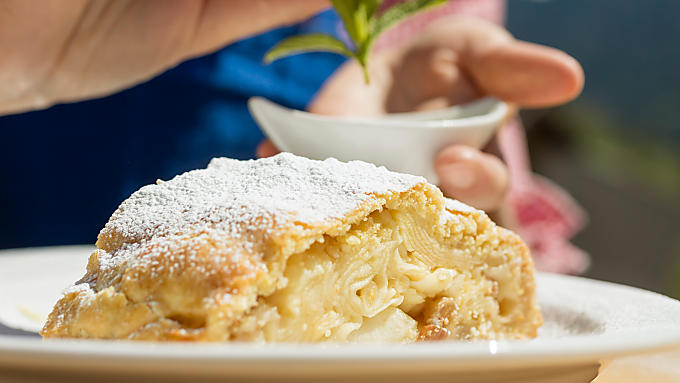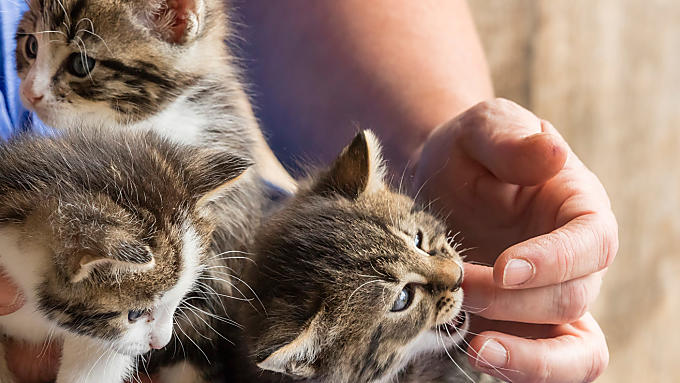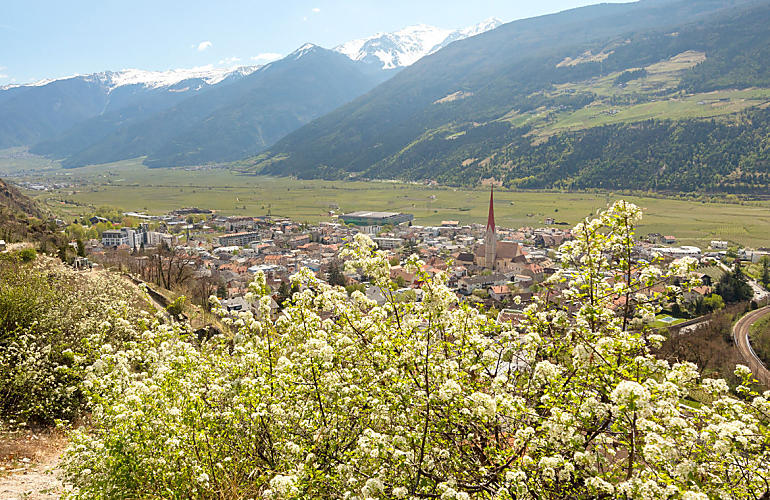
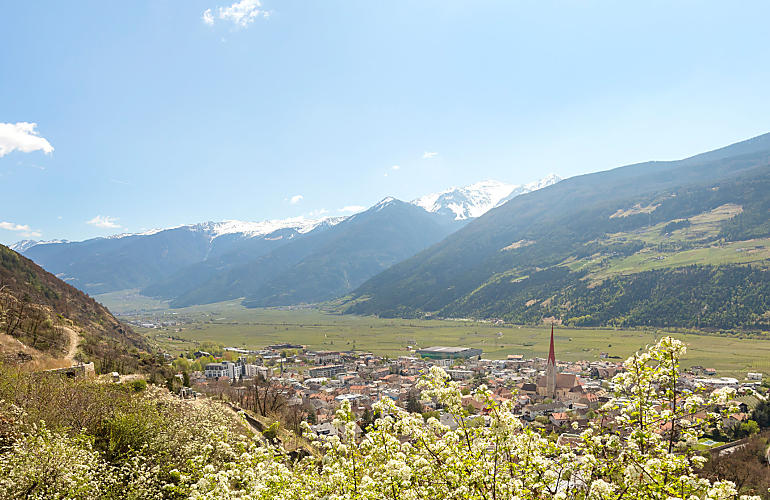
A cultural centre
Holiday location
Farm Holidays in Schlanders
A Farm Holiday in Schlanders has it all: peace and quiet along with with hustle and bustle, culture as well as sport, nature and village life.
6,000 inhabitants, situated in the middle of Vinschgau valley, a history going back to the Stone Age, and the highest church tower in South Tyrol: this is Schlanders, the capital of the Vinschgau. The villages of Kortsch, Göflan and Vetzan also belong to the market community. The main source of income there is agriculture with around 390 farms and farmland covering 3,500 hectares.
A Farm Holiday in Schlanders has it all: peace and quiet along with with hustle and bustle, culture as well as sport, nature and village life.
6,000 inhabitants, situated in the middle of Vinschgau valley, a history going back to the Stone Age, and the highest church tower in South Tyrol: this is Schlanders, the capital of the Vinschgau. The villages of Kortsch, Göflan and Vetzan also belong to the market community. The main source of income there is agriculture with around 390 farms and farmland covering 3,500 hectares.
Surrounded by green apple trees
Until well into the 19th century, mainly grain, vegetables and wine were traditionally grown in the meadows of the Vinschgau valley. It was not until 1860 that fruit farming started to develop slowly, before taking up nearly all of the farmland a century later. As in most of Vinschgau, apple orchards dominate the landscape around Schlanders. Wine continues to be cultivated on the rocky terraces of Sonnenberg and old chestnut trees grow on the slopes. On Nörderberg farmers live more from livestock farming and from growing the famous Vinschgau apricot, or 'Marille'. Anyone going on a Farm Holiday in Schlanders will not be able to get enough of the apple blossom – the whole valley basin becomes a sea of pink and white blossom.
Schlandersburg Castle – place of culture
The castle of Schlandersburg was built and developed as a Renaissance caslte around 1600. A court was housed here from 1859 to 1989. Nowadays, the expertly restored rooms of the Schlandersburg do not just accommodate the 'Mittelpunktbibliothek' library, but a series of cultural events and exhibitions, too.
Hiking on Sonnenberg mountain
Staying at a holiday flat or room in Schlanders means having a very relaxing daily routine. A day in Schlanders for observing the lively goings-on in the village centre can be just as appealing as a trip with the Vinschgerbahn train to explore one of the other villages. There are lots of options to get active. The Sonnenberg mountain, for example, is crossed by a 'Waalweg' path – a ancient path laid to provide maintenance access to little irrigation channels that farmers used to water their dry fields with. Schloss Schlandersberg and the Romanesque chapel of St. Ägidius may be reached from the 'Waalweg' path. You can shoose between a number of walks on the right side of the valley, at the foot of the Nörderberg mountain, or simply stroll through the apple trees. Anyone interested in art history should not miss out on the numerous churches and chapels in the surrounding area.
Surrounded by green apple trees
Until well into the 19th century, mainly grain, vegetables and wine were traditionally grown in the meadows of the Vinschgau valley. It was not until 1860 that fruit farming started to develop slowly, before taking up nearly all of the farmland a century later. As in most of Vinschgau, apple orchards dominate the landscape around Schlanders. Wine continues to be cultivated on the rocky terraces of Sonnenberg and old chestnut trees grow on the slopes. On Nörderberg farmers live more from livestock farming and from growing the famous Vinschgau apricot, or 'Marille'. Anyone going on a Farm Holiday in Schlanders will not be able to get enough of the apple blossom – the whole valley basin becomes a sea of pink and white blossom.
Schlandersburg Castle – place of culture
The castle of Schlandersburg was built and developed as a Renaissance caslte around 1600. A court was housed here from 1859 to 1989. Nowadays, the expertly restored rooms of the Schlandersburg do not just accommodate the 'Mittelpunktbibliothek' library, but a series of cultural events and exhibitions, too.
Hiking on Sonnenberg mountain
Staying at a holiday flat or room in Schlanders means having a very relaxing daily routine. A day in Schlanders for observing the lively goings-on in the village centre can be just as appealing as a trip with the Vinschgerbahn train to explore one of the other villages. There are lots of options to get active. The Sonnenberg mountain, for example, is crossed by a 'Waalweg' path – a ancient path laid to provide maintenance access to little irrigation channels that farmers used to water their dry fields with. Schloss Schlandersberg and the Romanesque chapel of St. Ägidius may be reached from the 'Waalweg' path. You can shoose between a number of walks on the right side of the valley, at the foot of the Nörderberg mountain, or simply stroll through the apple trees. Anyone interested in art history should not miss out on the numerous churches and chapels in the surrounding area.
Farm search
Holiday farms in Schlanders
3 reasons
A holiday in Schlanders
A lively village centre
the main village in Vinschgau
hiking in the middle of
steppe-like flora
Schlandersburg Castle
a central place of culture
Schlanders' shopping street
The busy road through the village centre of Schlanders was made into a pedestrian zone in 1996 to improve quality of life. This precinct has since flourished and become the beating heart of the village.
The busy road through the village centre of Schlanders was made into a pedestrian zone in 1996 to improve quality of life. This precinct has since flourished and become the beating heart of the village.
Locals and guests stroll along the streets past shop windows of boutiques. People sit outside cafés and restaurants in the warmer months of the year. The pedestrian area attracts visitors with events all year round and is ideal for rounding off the day on a Farm Holiday in Schlanders with a bit of live music.

